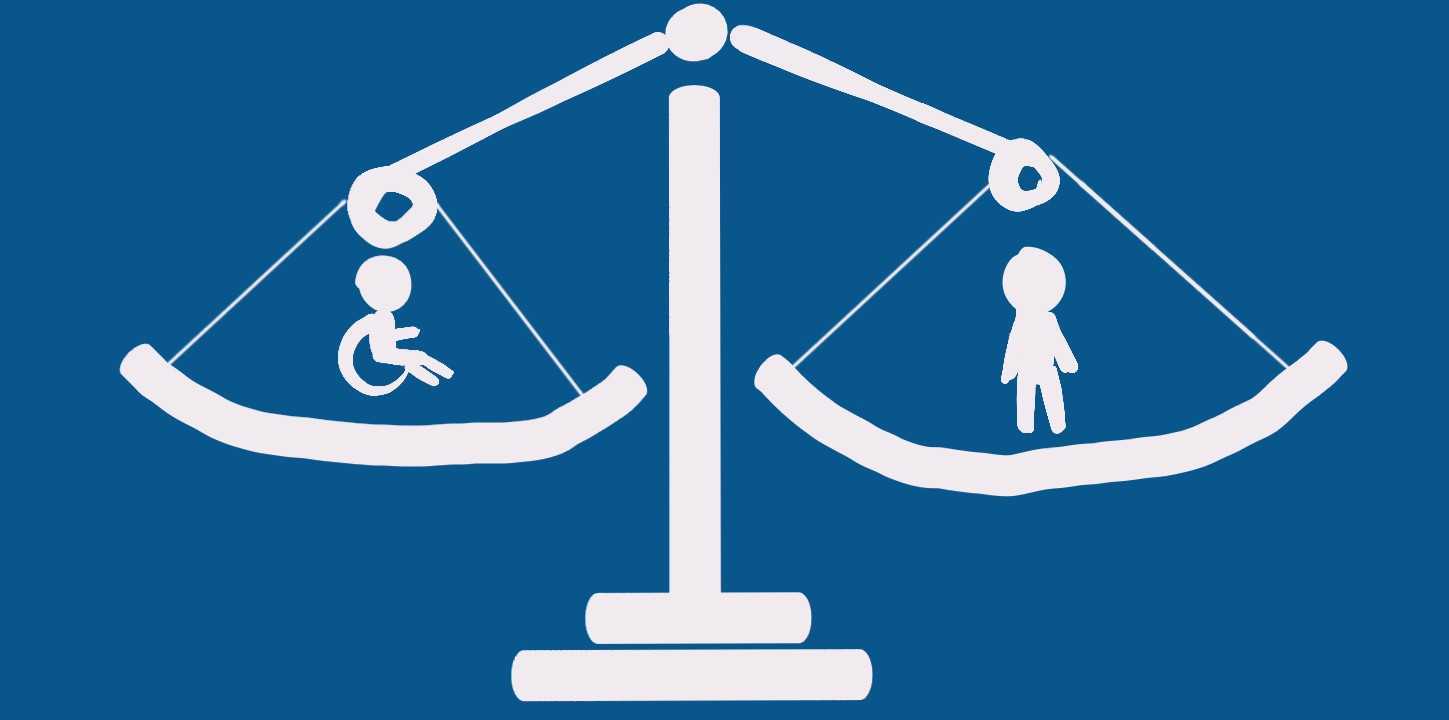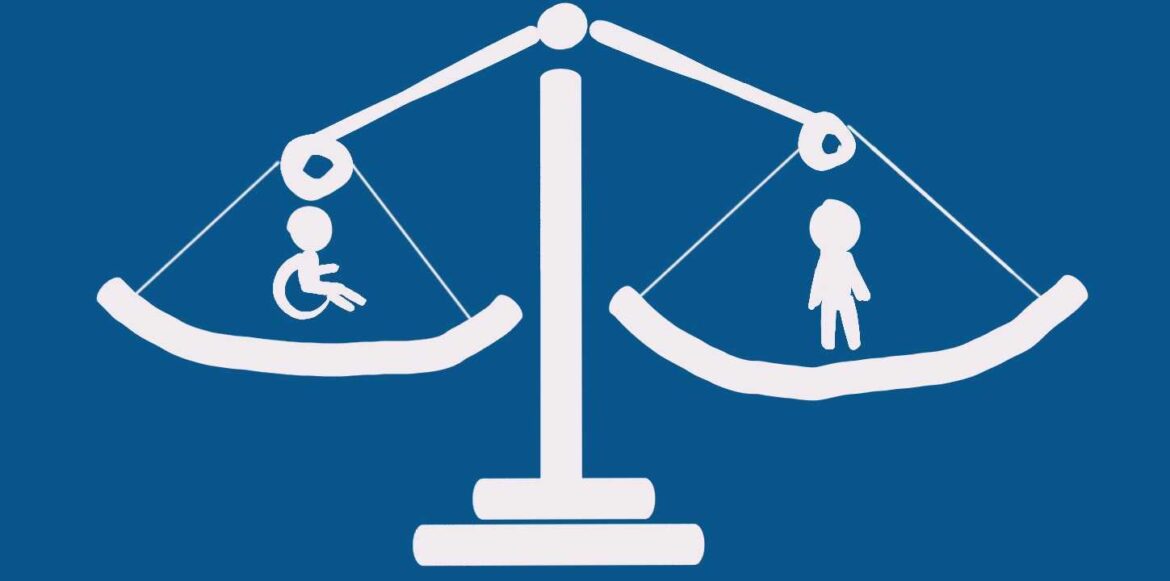
The Los Angeles Community College District’s (LACCD) mission statement vows to foster student success for all through providing equitable and supportive learning environments.
But students with disabilities have not been afforded that luxury.
On March 3, the Board of Trustees and LACCD said in a press release they have unanimously voted against filing certiorari and will seek additional mediation instead.
The decision came after dozens of students with disabilities, community members and disability rights activists spoke at the Board of Trustees meeting on March 2 to support two blind LACCD students.
Roy Payan and Portia Mason filed a lawsuit in 2017 against the District with the support of the National Federation of the Blind.
The lawsuit alleged disability discrimination after the District failed to provide proper accommodations to the two students, which violated the students’ civil rights under the Americans with Disabilities Act (ADA) of 1990 and Section 504 of the Rehabilitation Act of 1973.
Payan said students with disabilities have the right to expect a decent education and cited the 30 years since the ADA and the 49 years since Section 504 was passed.
“You have 50 years of legislation to fix the system. This institution continued to buy systems that didn’t work,” Payan said. “That’s not my problem. It’s yours. Start buying [accessible] systems or work with us. That’s what we’re asking for. Ignorance, indifference and neglect are not valid excuses for you to continue to take our rights away.”
Since the lawsuit was filed, California courts have ruled in favor of Payan and Mason twice.
According to the Disability Rights Education & Defense Fund (DREDF)in 2019, the students successfully proved to the court that class materials were not accessible to them because screen-reading software was not compatible.
The judge ruled that LACCD would not be required to do anything if it amounted to “an undue financial or administrative burden or would result in the fundamental alteration.”
LACCD appealed the decision to the Ninth Circuit Court of Appeals arguing that plaintiffs should not be allowed to file claims using the “disparate impact” theory of discrimination, which is unintentional, under the ADA and Section 504.
The appeal was ruled in favor of Payan and Mason. The appellate court ruled that the ADA and Section 504 were made to specifically address intentional and unintentional discrimination.
But Judge Kenneth K. Lee disagreed. Lee said the ADA and Section 504 only prohibit intentional discrimination.
On Nov. 17, LACCD lawyers told the federal trial court to place a hold on the case as the District was planning on moving the case to the United States Supreme Court.
The DREDF said if the District were successful the Supreme Court would rule the ADA and Section 504 do not prohibit disparate impact. Unintentional discrimination accounts for many cases of discrimination against people with disabilities, potentially devastating the ADA and Section 504.
Activists asked the board to not file certiorari, a motion that would move the case to the United States Supreme Court.
Executive Counsel for the Association of Higher Education and Disability Paul David Grossman said the actions threatened by the District are hypocritical of their mission statement.
“We all may be and likely will be individuals with disabilities at some point in our life,” Grossman said. “I hope the day does not come when you need the protections of those laws. And they’re weak, because you weaken them. You cannot both promise that you want to educate students with disabilities and care about and support students with disabilities, and at the very same time, disrespect and damage civil rights. You cannot both honor and hold our rights hostage as a negotiation tool.”
Associate Dean of Services for Students with Disabilities at LA Valley College David Green echoed Grossman’s concerns and said if the District decides to move forward, it would be advocating for the removal of the ADA, a necessary tool for many searching for equal access to education.
“These actions are at odds with our own guiding principles and have the potential to permanently scar our District’s reputation on how we include, educate and support our students with disabilities,” Green said.
LACCD Director of Communications and External Relations William Boyer said to the Los Angeles Times that the District does not seek to challenge the constitutionality of the ADA.
“The issue right now is whether a person should be able to sue a publicly funded entity, and to profit from taxpayer money, for non-intentional discrimination,” Boyer said.
Guest speaker Ashley Rodriguez criticized Boyer’s statement and said the disabled community is only asking for changes to be made.
“These people are asking for basic human rights,” Rodriguez said. “They’re not asking for taxpayer money. They’re asking for accommodations to be made so they can pass classes, and to finish school and move on to higher education. It’s so they can make salaries and be great members of society.”
Among the speakers was lifelong activist Jennifer Keelan-Chaffins, who participated in the “Capitol Crawl” in 1990 when she was 8 years old.
According to an ABC News article, Keelan-Chaffins got out of her wheelchair and climbed the Capitol steps, which took her nearly an hour.
“As a matter of fact, I said, ‘I’ll take all night if I have to,'” Keelan-Chaffins told ABC News.
Keelan-Chaffins said the effect of LACCD taking Payan vs. LACCD to the Supreme Court would decelerate the progress and impact the ADA has in terms of education, housing and employment for people with disabilities.
“I am demanding that the Board of Trustees stop their efforts to undermine the ADA and Section 504 protections,” Keelan-Chaffins said. “I did the Capitol Crawl to represent my generation and future generations of kids with disabilities. And if you continue on this path, you will be putting a barrier in our way. I am willing to make that climb again. And as I said 32 years ago, I will take all night if I have to.”
On March 3, the Board of Trustees and LACCD said in a press release they have unanimously voted against filing certiorari and will seek additional mediation instead.
Board Vice President David Vela said in the statement the Trustees support and understand the importance of the ADA. He praised the people who took their time to voice their concerns to the District.
“Their strong, heart-felt beliefs resonate with us and it is our desire to bring quick closure to the case,” Vela said.
LACCD Chancellor Francisco C. Rodriguez said the District remains committed to reaching a settlement that will allow more inclusive and responsive educational services.
“The District is a strong and vociferous advocate for students with disabilities and we remain steadfast in our primary mission to help our students achieve their higher education goals,” Francisco Rodriguez said.




